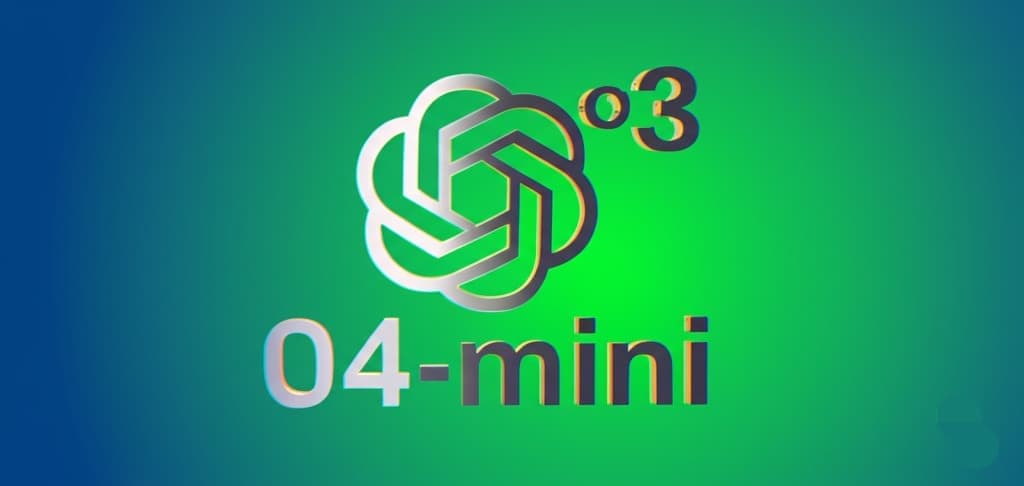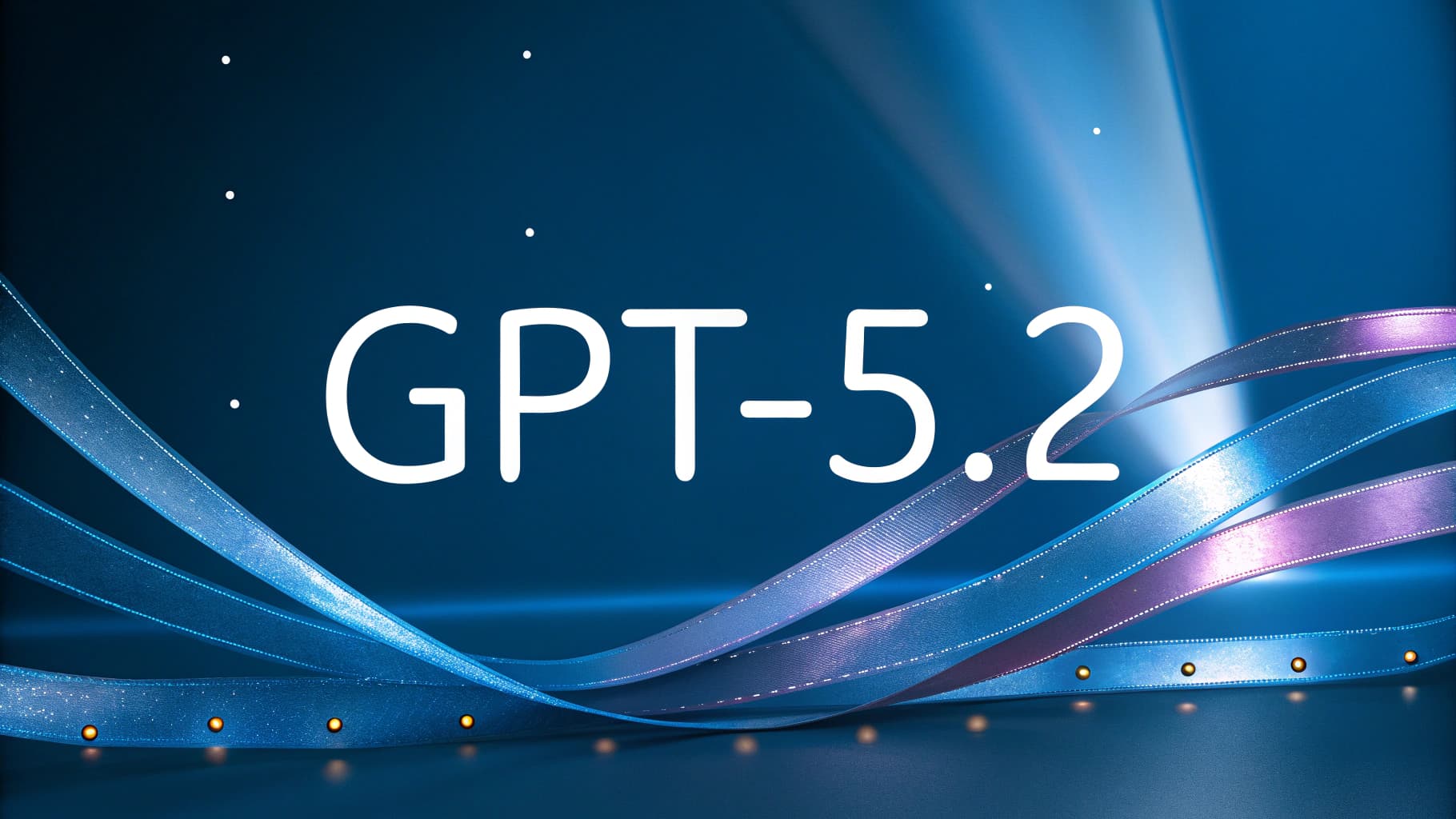
OpenAI Unveils O3 and O4-mini, Delays GPT-5 Launch
OpenAI has announced major changes to its product roadmap, including the upcoming release of two new AI models – O3 and O4-mini – expected within the next few weeks.
Meanwhile, the highly anticipated GPT-5 has been pushed back for a few more months. The decision reflects both technical challenges and increasing pressure from industry competition.
New Releases: O3 and O4-mini
In a post on X, OpenAI CEO Sam Altman confirmed that the company is now working on the core version of O3, alongside another model named O4-mini.
This announcement follows a previous decision to cancel O3’s public release back in February.
Altman explained that the delay in launching GPT-5 is tied to the complexity of integrating new features while ensuring the system can handle what he described as “unprecedented” demand.
What to Expect from GPT-5
Altman had previously shared some details about GPT-5’s capabilities, describing it as a model built to support deeper search functions and the ability to handle complex, long-term tasks.
The model is also expected to deliver different levels of performance depending on the user’s subscription plan.
Users on the free tier will receive a basic version, while ChatGPT Plus subscribers will get enhanced features. Those subscribed to the professional tier, ChatGPT Pro, will have access to the most advanced capabilities.
Release Timeline for GPT-5
While OpenAI has not given a specific launch date for GPT-5, official statements suggest it may arrive sometime in Q3 of this year.
Some analysts believe the delay may also reflect the company’s effort to avoid previous missteps tied to unethical usage of AI, especially as global concerns over AI misuse continue to grow.
Plans for an Open-Weight Language Model
OpenAI is also facing growing pressure from global competitors – most notably China’s DeepSeek – which follows an open model strategy and allows developers to freely experiment with and commercialize its systems.
In response, OpenAI recently announced its plan to release an open-weight model in the coming months.
Altman said this will be the company’s first open-weight model since GPT-2. The release will be subject to strict safety evaluations to ensure reliability before it becomes publicly available.




